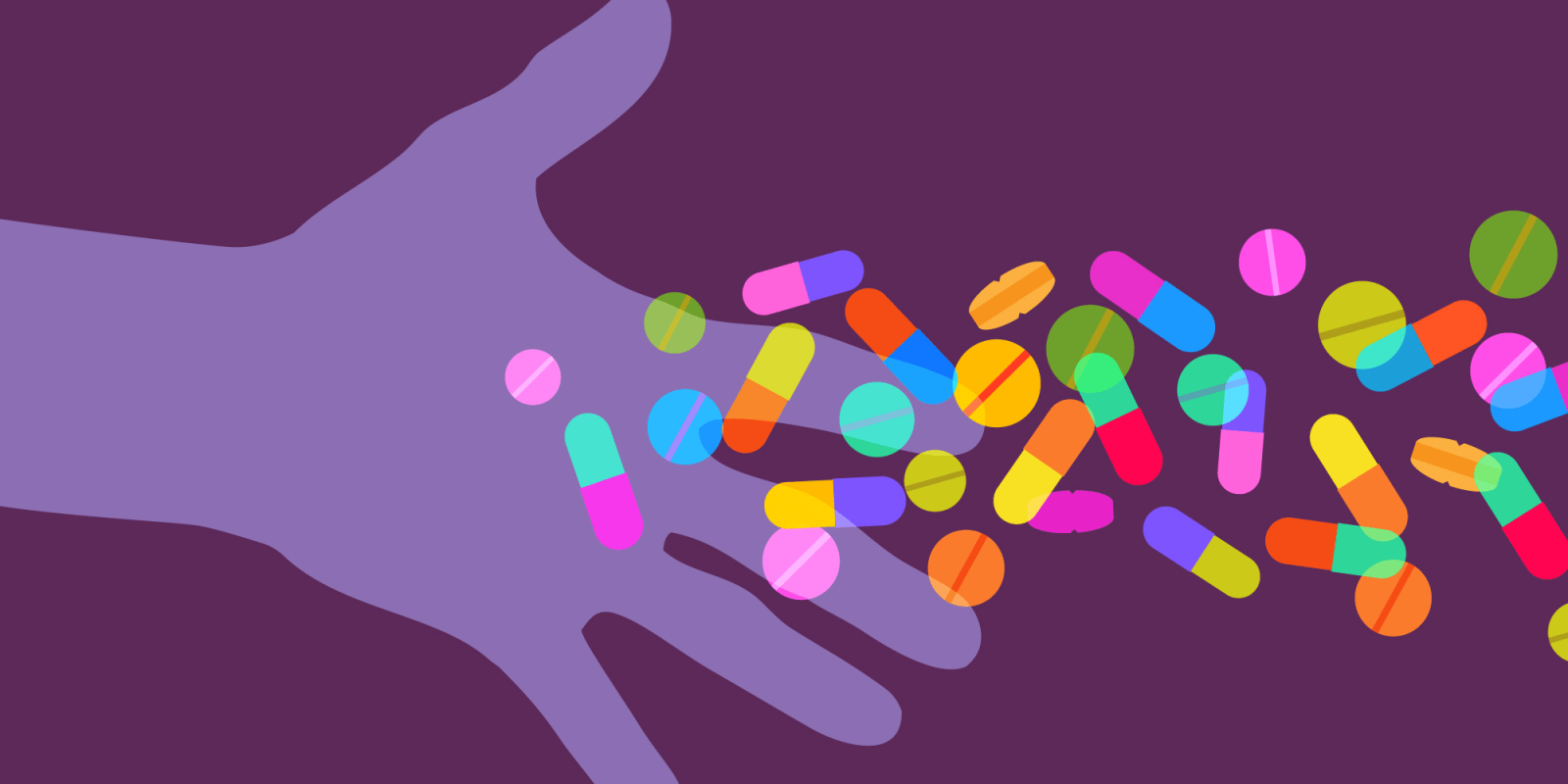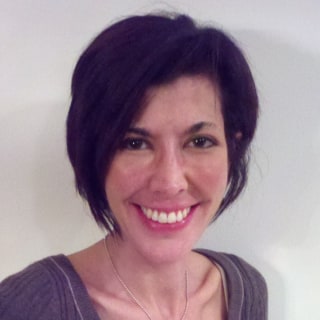
This is part of the Medical Humanities Series on Op-Med, which showcases creative work by our members. Do you have a poem, short story, creative nonfiction or visual art piece related to medicine that you’d like to share with the community? Send it to us here.
First there is the ache for breath.
I am wrenched from the hushed cadence of my lover,
The slowing rise and fall of my chest to his
Worn but familiar seduction,
'Til my body floats free and I am released from air.
A bright light peers into one eye, then the other,
My mouth gups,
My gills burst at the stab of atmosphere
That robs me of warm ocean.
The EMT's punch arrests me.
I am birthed violently onto land,
Forced to roadside evolution.
Then the cold comes, the ache,
The acrid vomit in my mouth,
The stab to my arm,
A welcome pang but no relief,
My return to me existing.
I close my eyes to the voices,
The mistaken pleas of urgency.
What was the first time? What was the last time?
What was the trigger this time?
I wait for the unanswerable,
For the Versed and orange juice.
What inspired this poem?
I derive satisfaction from being able to help people medically and psychologically at some of the darkest times of their lives, but medical training requires learning a distancing and separation from our patients. A couple of years ago, I attended a workshop exploring the intersection of writing and mental health, and as I returned to my hotel room, I found that the poem just flowed out of me. No one can truly know what the experience of another person feels like, but this was my attempt to connect to the gut-level emotions of my patients in a way that I can’t in the office.
Why did you choose poetry for this topic?
Poetry seems to fit the non-linear experience of addiction. So much of the addiction cycle seems from the outside to be illogical, obviously harmful, nonsensical. But from the perspective of moment-to-moment emotional needs, it does make sense in the short term. Poetry can access and reflect feelings and responses that exist in contradiction to each other and don’t have to fit completely together as a whole.
How long have you been writing poetry? How did you get into it? How does it relate to your medical practice?
I started writing poetry regularly in fourth or fifth grade. My mother had gotten my brother and me a subscription to a children’s literature magazine, where we could not only regularly read stories and poems, but also participate in writing contests, which spurred our interest in starting to write for ourselves. I think I have always been a more avid reader of others’ poetry than a writer of my own, but as I entered medical school I became intrigued by the writing of several noted physician-poets as a way that seemed to help them keep in touch with the experiences of their patients as people, not just as patients.
Is there anything else you'd like to share about your involvement in or views on creative arts and medicine?
So much of becoming a physician is having to, in a sense, turn off our own emotional responses so that we can be clinically focused enough to help our patients when it would be distracting for us – and harmful to them – for us to become afraid or distressed. But those emotions don’t disappear, and they need an outlet. Creative arts are an important outlet for staying in touch with those human responses and conveying them to others.
Gillian Friedman, MD, is a board-certified physician in the specialties of psychiatry and addiction medicine. She has served since 2017 as medical director for San Jose Behavioral Health Hospital in San Jose, California. Dr. Friedman has worked in public psychiatry in Northern and Southern California since 2002.







